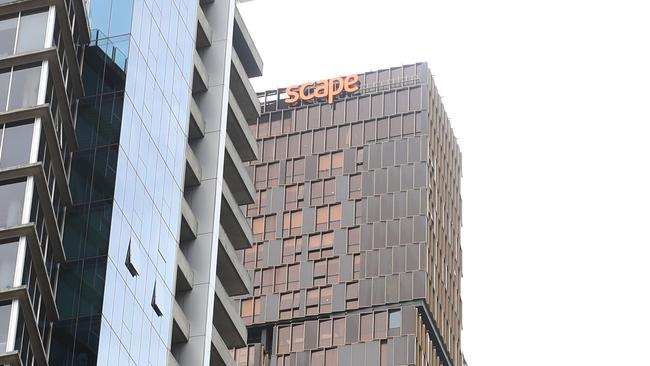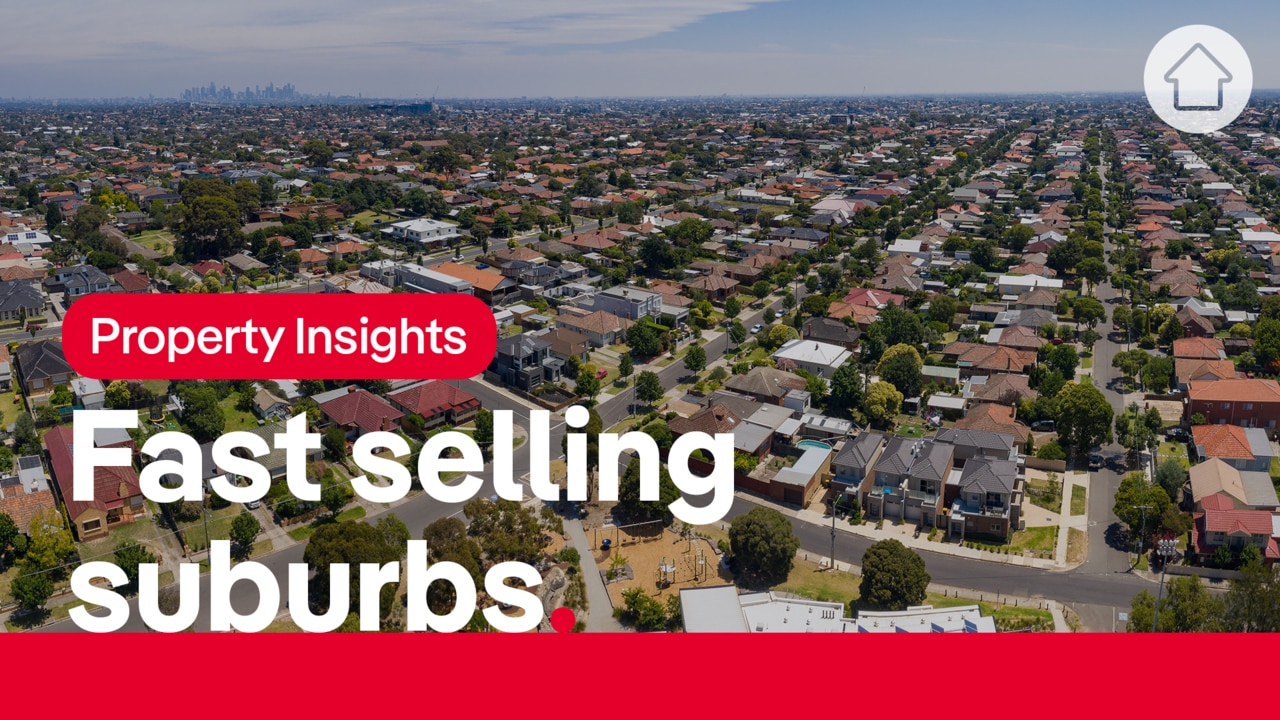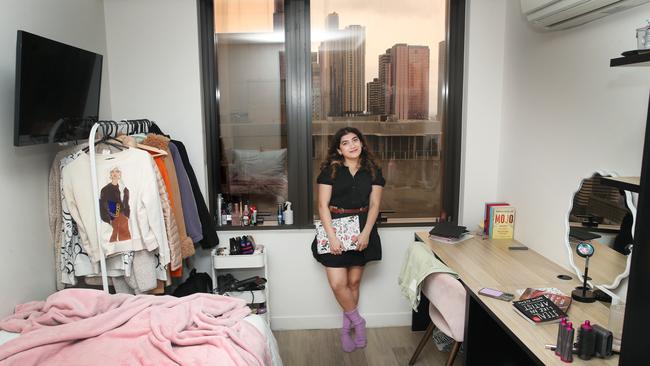Melbourne housing crisis: Student housing pipeline in jeopardy amid new international caps
Experts warn that Melbourne could be greatly harmed by the federal government’s announcement of a cap on international student enrolments from 2025 onwards.

Property
Don't miss out on the headlines from Property. Followed categories will be added to My News.
Victoria’s pipeline of vital student accommodation and its role in revitalising Melbourne’s CBD has been jeopardised by a new cap international student enrolments.
The federal government announced this week it would cap international student enrolments at 270,000 nationwide from 2025.
But some experts believe the move will hurt Melbourne’s languishing city centre, with international students a key way to revitalise the area.
RELATED: Young adults explore co-buying a home as availability and affordability hits hard
Melbourne school leavers could face 21-year wait to buy a house, 12 years for unit
Noble Park apartment for student accommodation sells for just $86,000

In August last year, the Property Council of Australia and architecture firm Hassell identified 86 under-utilised office buildings across the city that could be converted into housing, including student accommodation.
The City of Melbourne has begun engaging with universities and student housing providers to “explore options to increase accommodation for international students”, which is understood to include repurposing empty offices.

Lord Mayor Nick Reece said international students brought much-needed energy to city streets and boosted Victoria’s economy by $14.8bn each year.
“It’s vital to keep up with the housing needs of international students who choose to study in Melbourne,” he said.
Mr Reece wrote to Anthony Albanese before the announcement was made, telling the prime minister the cap was “bad for our cities”.
“We can help develop and implement a plan for Melbourne to host more international students, protect our liability and boost our economy,” he wrote.
In August, he also unveiled a policy to “turbocharge” the conversion of the 80 under-utilised office buildings into thousands of apartments, if elected to the city’s top job.
At a council meeting in July, councillor Davydd Griffiths said the city would not have experienced an “uptick” in economic activity without the return of international students following the pandemic.

Among the towers already on their way to becoming student digs is a vacant 12-storey office building on King St being overhauled by Plus Architecture and SLB Development.
But Student Accommodation Council executive director Torie Brown said the state government’s hefty taxes, like the foreign owner surcharge, were hampering student accommodation development – especially reusing office stock.
“The foreign owner surcharge in Victoria is the highest in the country. Student accommodation is funded almost entirely by foreign investing,” Ms Brown said.
“To make the adaptive reuse of old office stock viable, the government needs to reduce the taxes charged on student accommodation developers. That way, we can unlock more office stock in the CBD.”
The Student Accommodation Council revealed that for one student housing operator, land tax costs about $2300 for each student bed in Victoria compared to approximately $320 in South Australia, $670 in Queensland and $1030 in NSW.
A recent report by the council showed the current pipeline of new purpose-built student accommodation developments would fall short of future needs, with only 7770 new beds projected to become available by 2026.

Student housing operator Scape chief executive Anouk Darling said it had assessed office building conversion opportunities as a way of expanding its supply.
However, she said Scape had experienced a 55 per cent increase to its tax bill since there were changes to the absentee owner surcharge, which increased from 2 per cent to 4 per cent of a property’s land value in January.
It now accounts for an unsustainable 30 per cent of Scape’s operating costs.
Property Council of Australia Victorian executive director Cath Evans said efficiency and environmental benefits were two advantages of repurposing under-utilised buildings, rather than demolishing and rebuilding.

Ms Evans said transitioning a property took about 12 months off a project compared to knocking it down and rebuilding it, according to their research, and avoided releasing “thousands of tons” of carbon into the atmosphere from demolition.
RMIT’s purpose-built student accommodation network has 24 complexes through operators outside of the university with more than 13,000 beds, with all providers reporting high occupancy rates.
In a submission from the University of Melbourne to the federal government, the university said it was disappointing it had made international students scapegoats for the housing crisis.
Sign up to the Herald Sun Weekly Real Estate Update. Click here to get the latest Victorian property market news delivered direct to your inbox.
MORE: Elon’s multimillion-dollar backflip on Gene Wilder’s iconic digs
Massive ‘show pony’ problem with The Block
Ex-MKR contestant-turned beauty queen cooks up $10m deal
sarah.petty@news.com.au
Originally published as Melbourne housing crisis: Student housing pipeline in jeopardy amid new international caps


